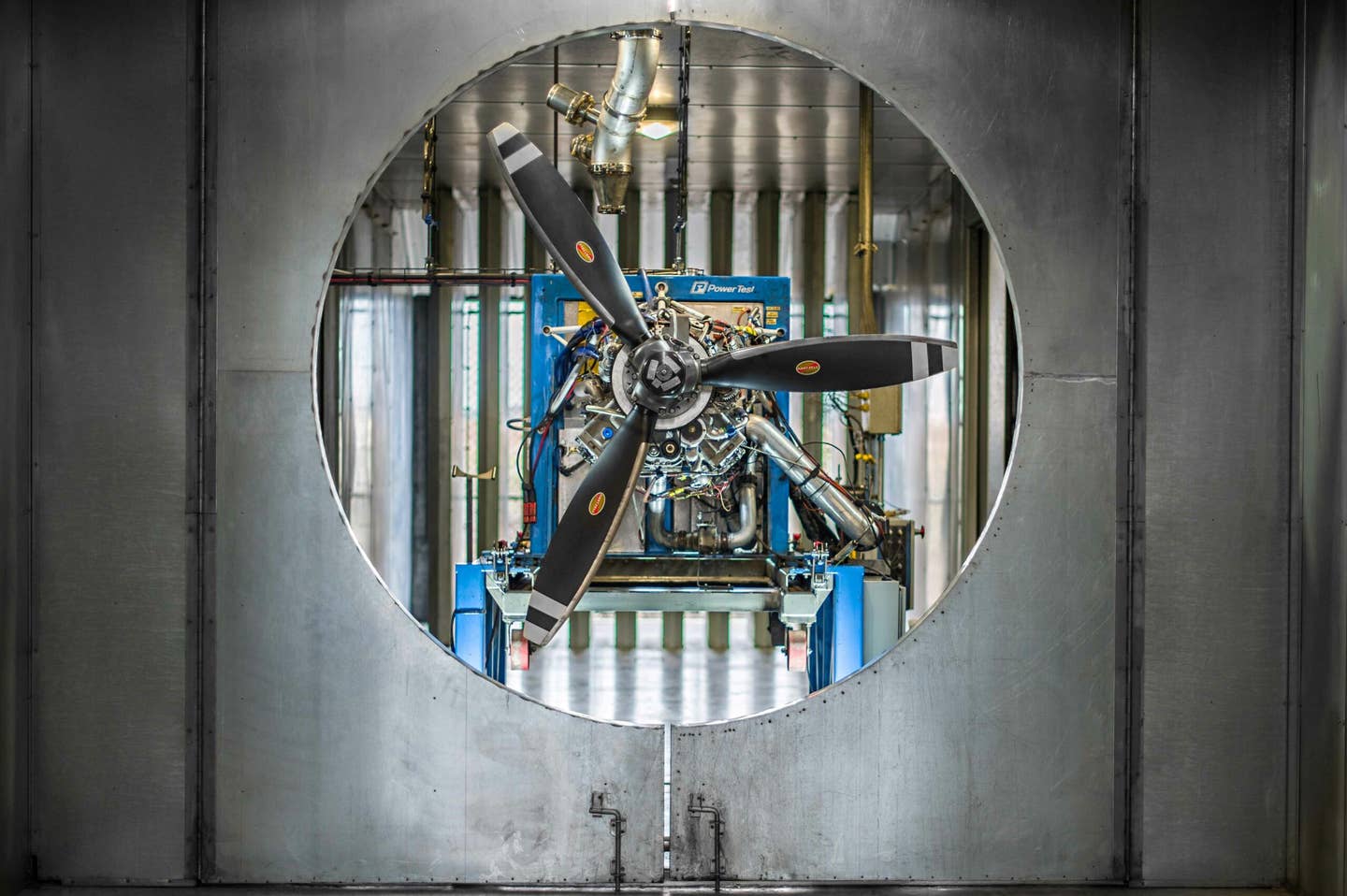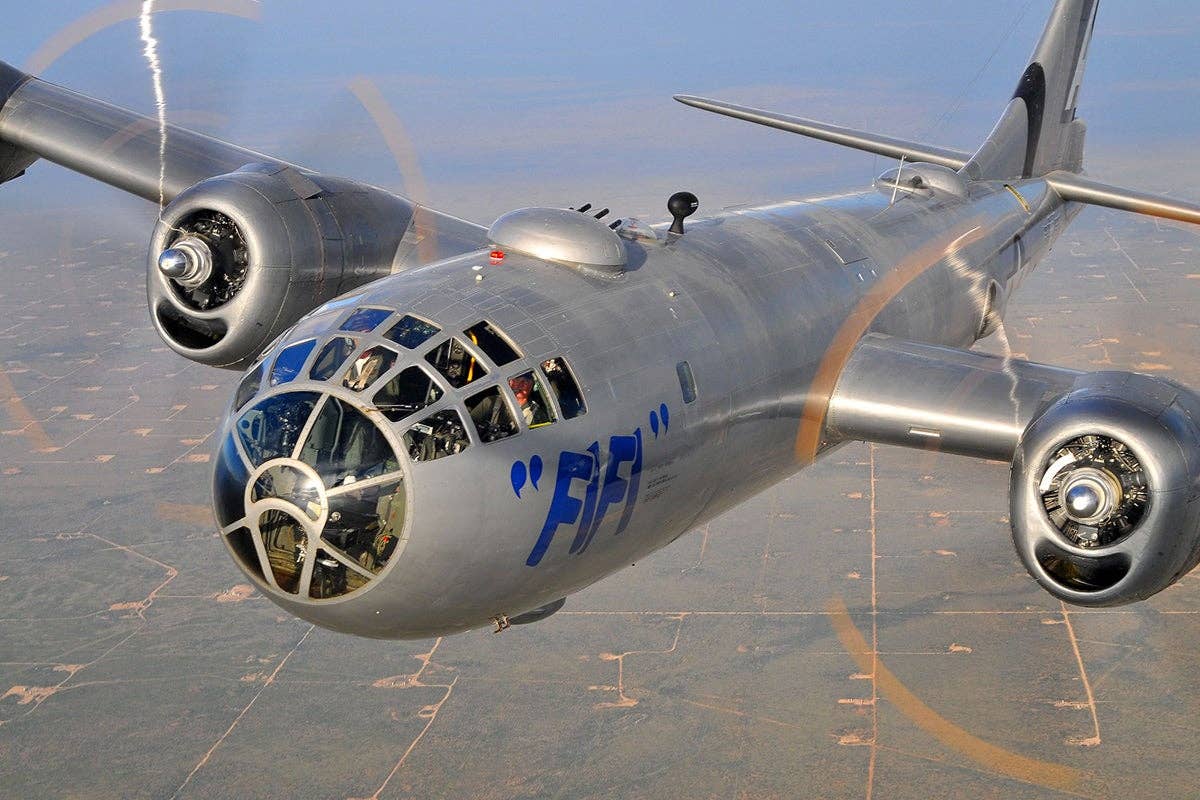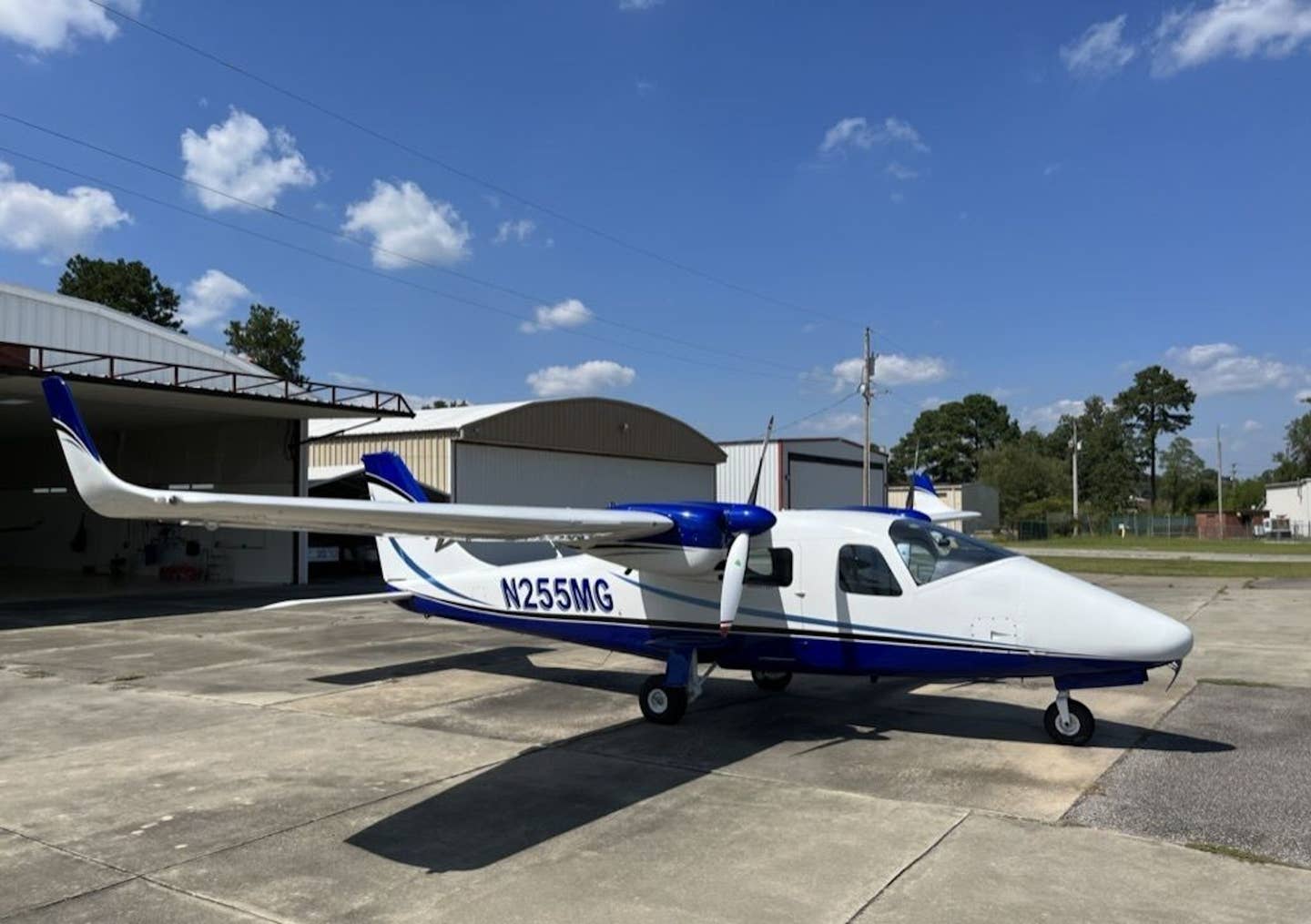DeltaHawk Adds 2 More Engines
The company’s family of jet-fueled piston engines is growing.

DeltaHawk’s jet-fuel burning piston engine family is growing. [Courtesy: DeltaHawk]
Congratulations, it’s twins! DeltaHawk has added two new higher-horsepower models to its family of jet-fueled piston engines. According to the company, the new engines follow the same family lineage as the DHK180, which was FAA certified in May 2023 and is now heading toward production.
The new models are the DHK200 and the DHK235. Both will share the same dimensions and weight of the DHK180, which has a rated takeoff power (RTP) and maximum continuous power (MCP) of 180 horsepower.
The DHK200 will produce RTP and MCP of 200 horsepower, while the DHK235 will produce RTP and MCP of 235 horsepower.
DeltaHawk anticipates the certification and availability of the DHK200 in the third quarter of 2024, followed by certification and availability of the DHK235 in the first half of 2025.
Company officials are hopeful the momentum created by the introduction and certification of the DHK180 will be mirrored by the DHK200 and DHK235. The DHK180 went into production last summer.
- READ MORE: DeltaHawk DHK180 Engine Heads To Production
“Following FAA certification of the DHK180, customer interest and reservation deposits from aircraft OEMs and individual owners in both certified and experimental markets has been extremely high," said Christopher Rudd, CEO of DeltaHawk Engines. “Our two new engine models build upon the same innovative, pilot-focused technology as the DHK180, while offering even more capability for higher power applications—as will additional engine models yet to be announced.”
About the Engines
DeltaHawk Engines, founded in 1996 and based in Racine, Wisconsin, designs and builds FAA-certified, jet-fueled piston engines for general aviation aircraft and hybrid-power systems.
All the DeltaHawk engines are based upon a clean-sheet design and feature an inverted-V engine block, turbocharging and supercharging, mechanical fuel injection, liquid cooling, direct drive, and, according to the company, 40 percent fewer moving parts than other engines in their category.
DeltaHawk notes the engines produce more usable torque than traditional aircraft engines in their class, all while burning significantly less fuel.
NASA recently selected the DeltaHawk DHK180 engine for its Subsonic Single Aft Engine project, known as SUSAN. Additionally, Ampaire has selected it for a hybrid proof-of-concept aircraft.
DeltaHawk is also working on a new program to develop additional variants of its engine family that will utilize hydrogen fuel in a wide variety of applications, including aviation, commercial road vehicles, and military mobility.
For more information, please visit the DeltaHawk website.

Subscribe to Our Newsletter
Get the latest FLYING stories delivered directly to your inbox






